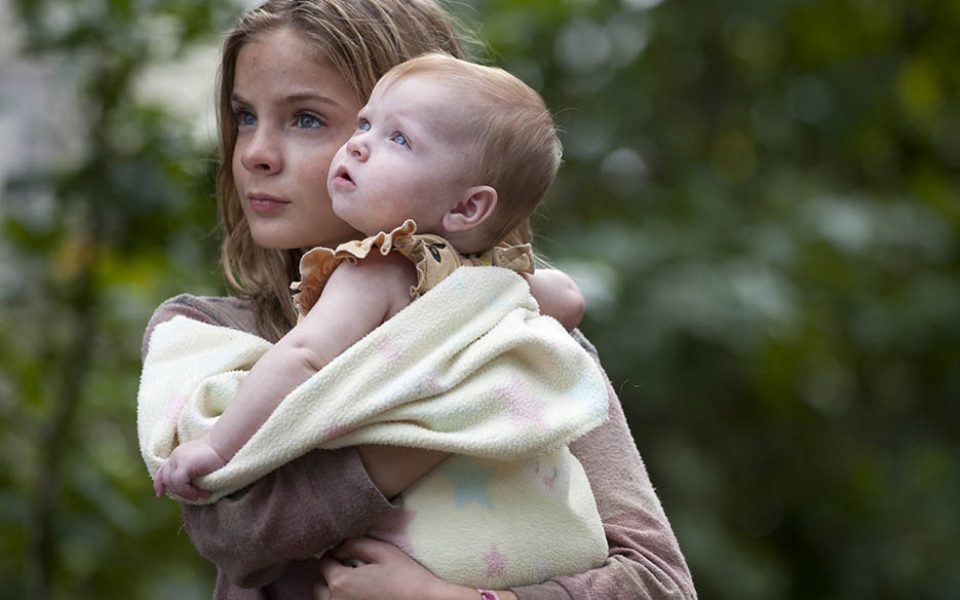by Brian Clarey
Flip around your television dial a bit, and you might start thinking that writing a screenplay is easy work.
And it totally is. The first screenplay I ever wrote turned into a movie that was screened at the Cannes Film Festival.
True story.
But seriously, writing a screenplay is a tricky business, particularly for a prose writer like me. It’s a visual medium, just a series of images, really, constricting the story to the moment. There’s no room for context, backstory, all the little details and side trips that make something like a novel seem so much more real.
The assignment is to relate the story visually — show, don’t tell — and the problem is exposition, that is, getting across the information necessary for the audience to understand what’s going on.
Exposition is why DW Griffith invented the flashback. Hacks like me prefer the voice-over, but you can also use a quick flash to a TV news report, or the especially inelegant “As you know, Bob” conversation.
As in: As you know, Bob, Ahab and the whale go way, way back….
In that vein, “The Walking Dead” has a huge advantage: To some degree, a zombie apocalypse is fairly self-explanatory. Plus, the whole thing is based on a comic-book series, basically a near-perfect storyboard for cinema. The exposition writes itself, people.
The problem has been that for most of this season, exposition has been all we’ve been getting.
Forget about this week’s episode, with its OMG fire zombies! and what was the most gut-wrenching moment of television I’ve seen since Silvio took out Adriana towards the end of the run for “The Sopranos.”
Oh man, it was just brutal.
But most of the first six episodes of this leg of the season have been a series of establishment shots, allegoric moments, telling actions… I think I may have even seen a montage: one giant, artsy information dump. Michonne is not what she seems to be. Beth is adapting to the new normal. Daryl acts within a clear-cut moral framework. Carl is growing up, but he’s still a little pain in the ass.
I swear, towards the end, I was starting to miss Merle. At least he used to mix it up once in a while.
But I get it. The Walking Dead monthly comic series ran for more than 10 years, literally epic. There’s enough material here for 10 seasons of television and three feature films.
Like in all adaptations, the writers had to trim story elements, consolidate plotlines and deal with that pesky detail of exposition.
This isn’t a comic book anymore. This is television: Once you’re dead, there’s no coming back, zombie or otherwise. But the first few action-packed seasons, a rapid-fire succession of tension and release, drew a big enough audience to give “The Walking Dead” some breathing room.
Which is ironic, because it’s a show about zombies.
The other irony is that the freedom granted the showmakers of this bona fide hit — “The Walking Dead” has already been picked up by AMC for another season — could eventually prove to be its undoing.
True, the events of this week’s show will keep me hooked through the next two episodes, the last of the season, which means things are really coming to a boil.
Have I mention how brutal it was?
And I suppose I’m gonna have to tune in for the first few episodes of Season 5, if only to see who survives — “The Walking Dead” notoriously kills off a few lead characters at every major conflict.
But even I — as big a fan of the craft of storytelling as any armchair TV junkie — can only stand so much unbridled exposition.
I get it: Daryl is good at crossbow. Now unleash his fury on the zombie horde already.
“The Walking Dead” airs Sundays on AMC at 9 p.m. and at amc.com.
Join the First Amendment Society, a membership that goes directly to funding TCB‘s newsroom.
We believe that reporting can save the world.
The TCB First Amendment Society recognizes the vital role of a free, unfettered press with a bundling of local experiences designed to build community, and unique engagements with our newsroom that will help you understand, and shape, local journalism’s critical role in uplifting the people in our cities.
All revenue goes directly into the newsroom as reporters’ salaries and freelance commissions.


Leave a Reply